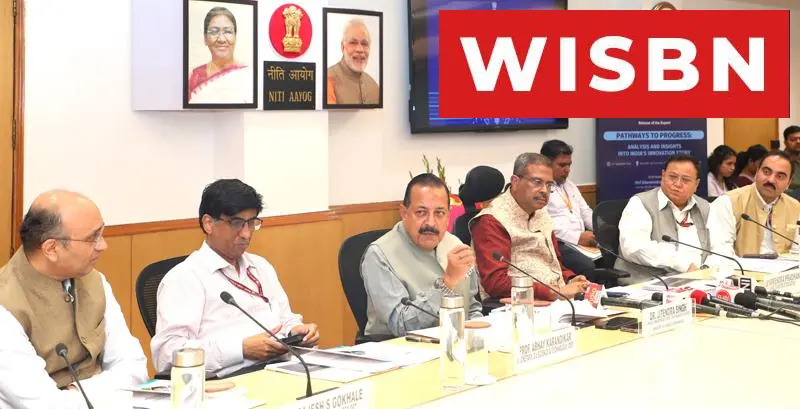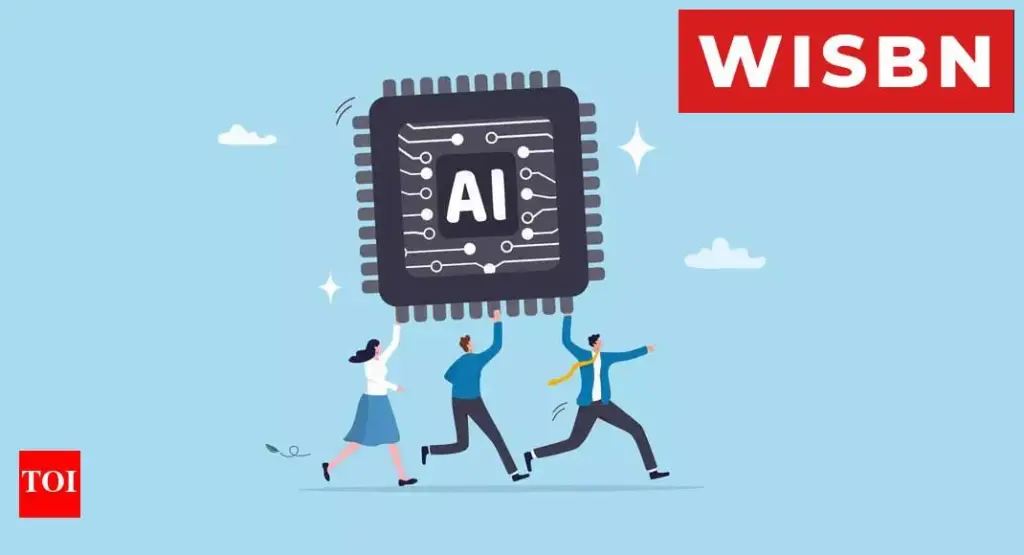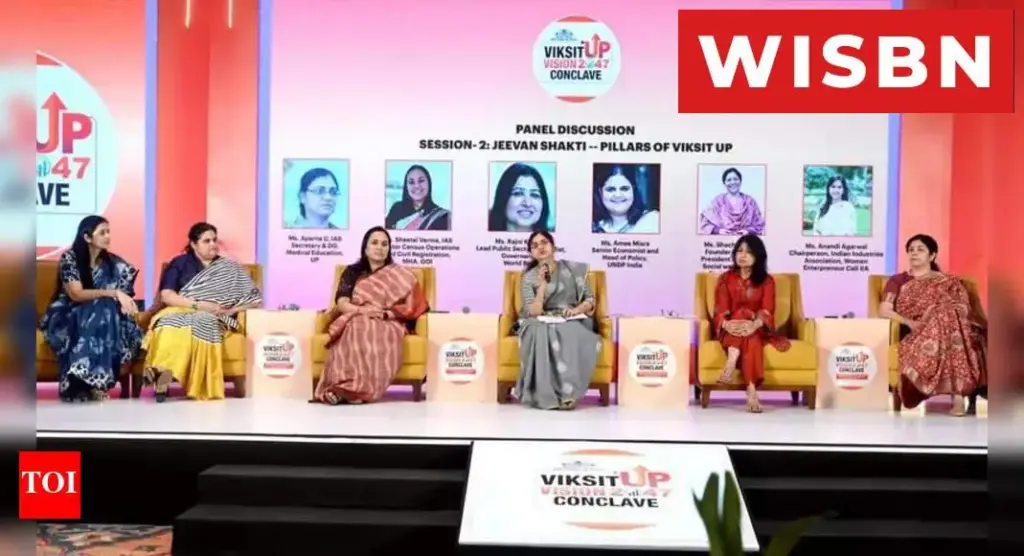Union Minister Dr. Jitendra Singh today stressed that the innovation journey toward Viksit Bharat requires global thinking and a reoriented mindset. He highlighted that both the Government and the private sector must discard inhibitions and collaborate in genuine synergy.
Emphasising the need to shatter mental barriers, he urged adopting global standards and thinking with an international outlook. Dr. Jitendra Singh said the publication of NITI Aayog’s seminal report marks a significant milestone in aligning India’s innovation potential with the vision of Viksit Bharat@2047.
Dr. Jitendra Singh, together with Union Minister for Education Dharmendra Pradhan, jointly launched NITI Aayog’s report titled “Pathways to Progress: Analysis and Insights into India’s Innovation Story” at NITI Aayog headquarters today.
In his remarks, Dr. Jitendra Singh stressed that early industry engagement with equal investment partnership is crucial to turning startups into prosperous enterprises. He pointed to India’s vaccine success narrative, where private firms were involved from Day One, facilitating timely development and scaled delivery.
The Minister highlighted that India’s steady rise in the Global Innovation Index — from 81st place in 2015 to 39th in 2025 — is not accidental but the result of intentional policy choices, investments in entrepreneurship, and the drive of India’s young innovators. Today, India hosts the world’s third-largest startup ecosystem, with more than 1 lakh Government-recognised startups and over 100 unicorns.
Notably, nearly 50% of startups now emerge from Tier-2 and Tier-3 cities, reflecting the democratisation of entrepreneurship and India’s inclusive innovation narrative.
Dr. Jitendra Singh recognised ongoing challenges: lack of coordination across institutions, the need for patient capital for deep-tech ventures, weak academia-industry linkages, uneven state-level innovation capabilities, and gaps in intellectual property protection and commercialisation.
To tackle these, Dr. Jitendra called for establishing specialised interfaces modeled on BIRAC (Biotechnology Industry Research Assistance Council) and IN-SPACe (Indian National Space Promotion and Authorization Centre) in other critical technological domains. Such platforms, he emphasised, are vital for promoting seamless collaboration between the Government and private sectors.
Dr. Jitendra Singh underscored that Government measures like the National Deep Tech Startup Policy and the Anusandhan National Research Foundation (ANRF) signify a foundational shift toward building sovereignty in frontier technologies. These steps, he said, will reward risk-taking, creativity, and partnership, ensuring that India is not merely a consumer of global technologies but a creator and leader.
The release was attended by Dr. V.K. Saraswat, Member, NITI Aayog; Sanjay Kumar, Secretary, Department of School Education & Literacy; Dr. Abhay Karandikar, Secretary, Department of Science & Technology; Dr. Rajesh Gokhale, Secretary, Department of Biotechnology; Dr. M. Ravichandran, Secretary, Ministry of Earth Sciences; Deepak Bagla, Mission Director, Atal Innovation Mission (NITI Aayog); and Dr. Vivek Kumar Singh, Senior Adviser, Science & Technology Division, NITI Aayog.



